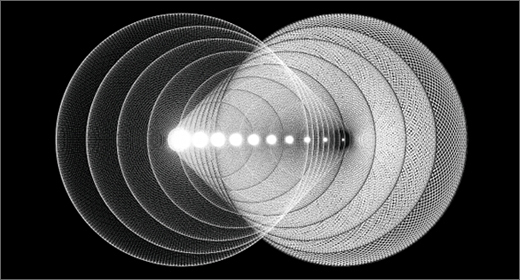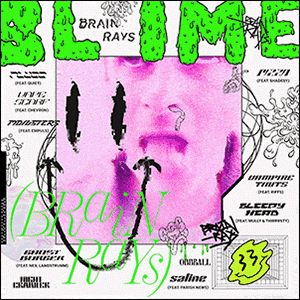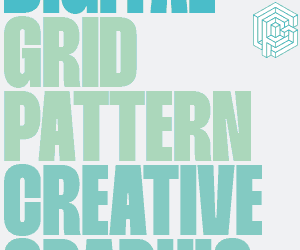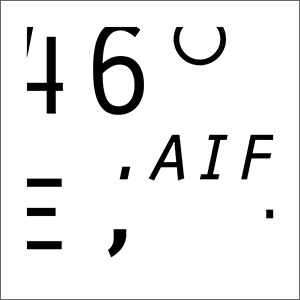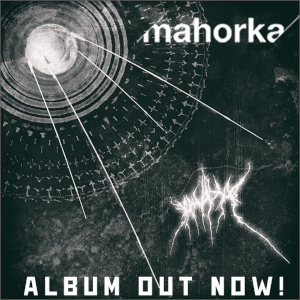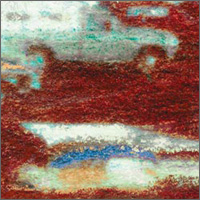 (04.17.07) Nearly 3 years ago, Lusine‘s last full-length on Ghostly, Serial Hodgepodge, elicited a note of caution (in an otherwise positive appraisal) regarding Jeff McIlwain’s eclecticism over the preceding 5 years. Ample testimony to his hodgepodge advocacy had been evidenced by the range of electronic stylings effortlessly harnessed over a number of albums and 12″s, taking in sub-genres from downtempo to tech-house, experimental ambient to post-industrial IDM. The concern (from this corner) was that such a Jack-of-all-trades might ultimately run the risk of appearing Master-of-none, especially over the course of an album. Fast forward to 2007, with a couple of years of relative quietude intervening, and McIlwain is looking like a canny operator, his mixed-mode strategy granting him immunity from the stigma adhering to some acts more closely identified with over-investment in the plummeting stock of “IDM.” At the same time, credibility has accrued to him above and beyond those who restrict their plough to the furrow of minimal techno – something of a poor relation (or more appositely a rich dumb cousin) of electronic music (unless you’re one of the few who get recognition as auteurs, like Villalobos and Hawtin). So, McIlwain’s name remains untainted, and, moreover, Podgelism, being a remix album, presents none of the problems of homo- v. hetero-geneity mentioned above, since a range of stylings is intrinsically sanctioned.
(04.17.07) Nearly 3 years ago, Lusine‘s last full-length on Ghostly, Serial Hodgepodge, elicited a note of caution (in an otherwise positive appraisal) regarding Jeff McIlwain’s eclecticism over the preceding 5 years. Ample testimony to his hodgepodge advocacy had been evidenced by the range of electronic stylings effortlessly harnessed over a number of albums and 12″s, taking in sub-genres from downtempo to tech-house, experimental ambient to post-industrial IDM. The concern (from this corner) was that such a Jack-of-all-trades might ultimately run the risk of appearing Master-of-none, especially over the course of an album. Fast forward to 2007, with a couple of years of relative quietude intervening, and McIlwain is looking like a canny operator, his mixed-mode strategy granting him immunity from the stigma adhering to some acts more closely identified with over-investment in the plummeting stock of “IDM.” At the same time, credibility has accrued to him above and beyond those who restrict their plough to the furrow of minimal techno – something of a poor relation (or more appositely a rich dumb cousin) of electronic music (unless you’re one of the few who get recognition as auteurs, like Villalobos and Hawtin). So, McIlwain’s name remains untainted, and, moreover, Podgelism, being a remix album, presents none of the problems of homo- v. hetero-geneity mentioned above, since a range of stylings is intrinsically sanctioned.
As production has developed into one of the most marked aspects of Lusine’s signature style, it’s no surprise that his exhibits are among the best in show here. On his own remixes, of “Flat,” “Still Frame,” and “Falling In,” kick drums cut through with a satisfyingly visceral “thump” and snares “splat” with exemplary crispness, emplaced to effect maximum booty joy. His sound has just enough of a springy, pared back, slightly ‘out’ quality, not so much minimalism as a kind of spatial spareness, offset with reflective or glacial keyboard tones, and digital chatter choreographed to give it a characteristic flavour. But the high resolution production is, in fact, extended throughout all the contributions, and McIlwain (assuming he did the choosing) has chosen (most of) his collaborators wisely. Apparat’s work, for example, has a peculiar physicality of its own – partly achieved through thudding electroid breakbeats, and partly through its glitchy’n’scratchy sonics. So the remix of “Drip,” which opens the assemblage, builds from a whisper to an outpouring, gradually hitching up its hesitant granular synthetic questings to skittering effected rhythms, a propulsive juddering, and a swarming melody line. John Tejada and Robag Wruhme post pristine minimal (JT) and playful micro-tech house (RW) mixes of “Make it Easy” and “The Stop” respectively, the former stripped down and sleekly groovy, the latter as sharp as a wasabi-dipped swordfish. Deru throws down a pleasingly brooding atmospheric downtempo take on “Auto Pilot,” whose loping broken-beat hip-hop orientation is thankfully not sympathetic to title. Lawrence offers his usual coolly melancholy cerebral tech-house spin on things, taking Detroit’s 4/4 urban(e) motorik groovescape ideology as his fundamental tenet (with Theo Parrish mentoring), while suffusing it with smoky atmospheres and obliquely jazz-referencing keyboard sonorities. These are the most successful renditions, but we must also speak of failures – just two, to be precise.
Matthew Dear strikes the worst of bum notes on this collection, with a bizarre concoction that jars already even before his idiosyncratic (read annoying) vocal makes an ill-advised mess on the carpet of the jumbled tech-house Matt built. The other infelicity comes from the Dimbiman featuring Cabanne remix, which commits the heinous crime of smearing grisly scat-singing + guitar noodling a la 70s soul-jazz smoothie George Benson over an already undistinguished stumbling shuffle all over “Flat” (proving to be the most popular Lusine track to remix, with 4 entries, and thankfully Cepia get it quietly pretty much right elsewhere, partially compensating for this aberration).
Overall, however, there is on Podgelism a richness and non-genericity of sound that’s an indication of the outcome of a genuine intellect-dance dialectic and not the cut’n’paste plug-in switch-off narcolepsy of many such compilations of remixing sleight of hand.
Podgelism is out now on Ghostly International. [Purchase]










